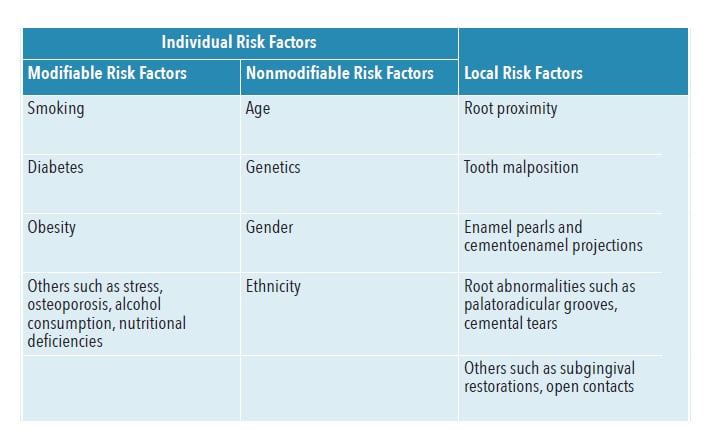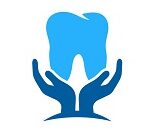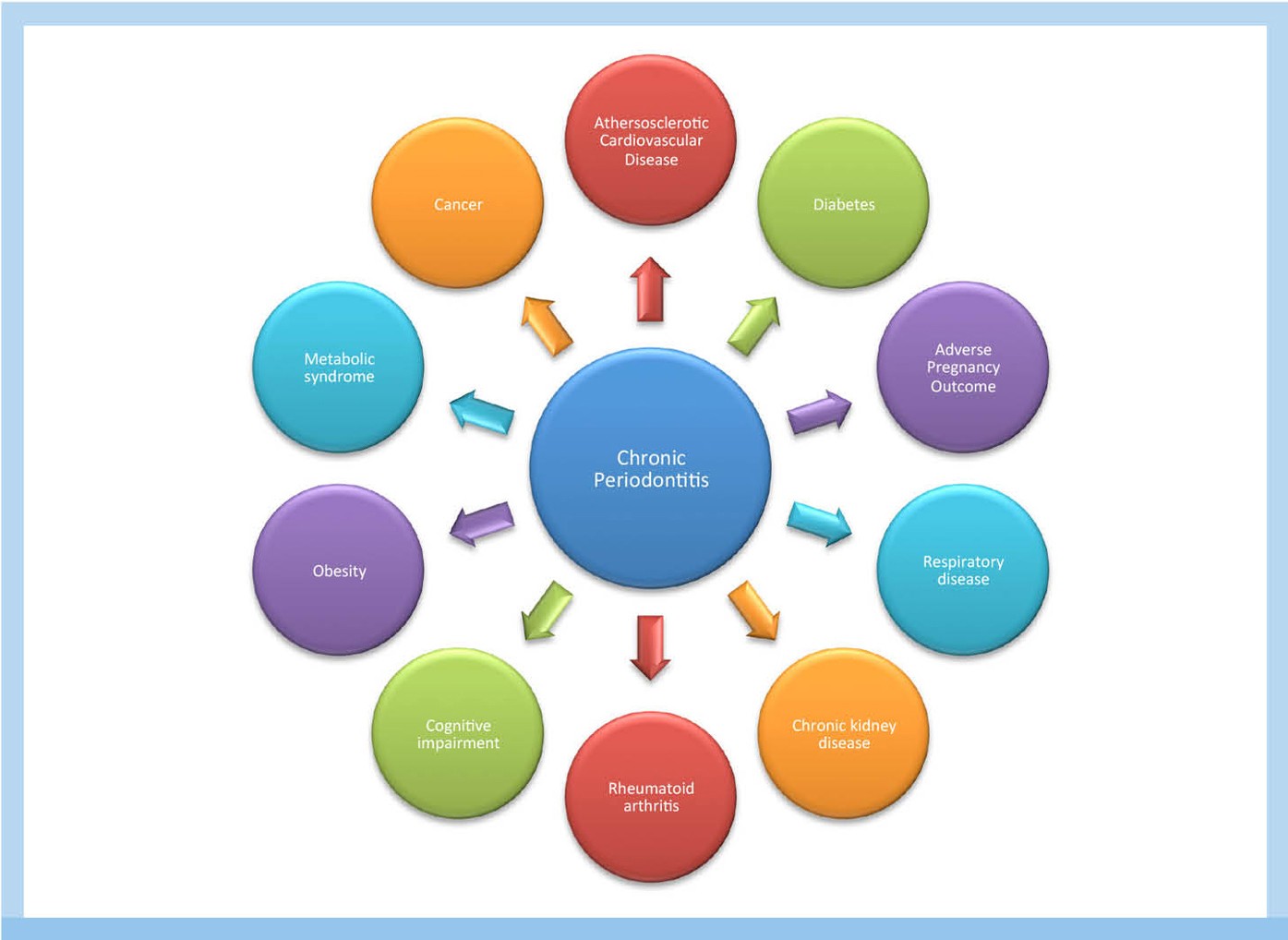Gum Disease: Risk Factors and Prevention Strategies
Did you know that gum disease affects more than just your oral health? It can also have a negative impact on your overall well-being.
But don’t worry, there are ways to prevent it. By understanding the risk factors and implementing effective prevention strategies, you can significantly reduce your chances of developing gum disease.
So, what exactly are these risk factors and prevention strategies? Let’s explore them together and take control of your oral health.
The Importance of Oral Hygiene
Maintaining good oral hygiene is crucial for preventing gum disease and preserving your overall dental health. By taking proper care of your teeth and gums, you can greatly reduce the risk of developing gum disease and the potential complications that come with it.
One of the most important aspects of oral hygiene is brushing your teeth at least twice a day. Use a soft-bristled toothbrush and a fluoride toothpaste to thoroughly clean all surfaces of your teeth. Be sure to brush for at least two minutes each time, paying close attention to the gumline where plaque tends to accumulate.
Flossing is another essential component of oral hygiene. It helps remove plaque and food particles from between your teeth and along the gumline, where a toothbrush can’t reach. Make sure to floss at least once a day, using a gentle back-and-forth motion.
Regular visits to the dentist are also crucial for maintaining good oral hygiene. Dental cleanings and check-ups allow your dentist to detect any early signs of gum disease and address them promptly. Additionally, they can provide valuable advice on proper brushing and flossing techniques tailored to your specific needs.
Risk Factors for Gum Disease
When it comes to gum disease, there are several risk factors that you should be aware of.
Age can increase your chances of developing gum disease, as older individuals are more susceptible.
Poor oral hygiene is another significant risk factor, as neglecting to brush and floss regularly can lead to plaque buildup and gum inflammation.
Lastly, smoking is strongly associated with gum disease, as it weakens the immune system and impairs the body’s ability to fight off infections.
Age and Gum Disease
As you age, your risk of developing gum disease increases. This is because several factors come into play as you get older.
Firstly, the natural aging process can result in the weakening of the immune system, making it harder for your body to fight off infections, including those that affect the gums.
Additionally, older adults may have a higher likelihood of developing chronic health conditions such as diabetes and cardiovascular disease, which are known to increase the risk of gum disease.
Furthermore, certain medications commonly prescribed to older adults can have side effects that contribute to gum problems.
It’s important to be aware of these risks and take proactive steps to maintain good oral hygiene and visit your dentist regularly to prevent the onset of gum disease as you age.
Poor Oral Hygiene
As you age and neglect proper oral hygiene, the risk of developing gum disease significantly increases. Poor oral hygiene, characterized by inadequate brushing, flossing, and regular dental check-ups, allows plaque to build up on your teeth and gums.
Plaque is a sticky film of bacteria that forms on your teeth daily. When not removed, it hardens into tartar, which can only be removed by a dental professional. Tartar buildup irritates your gums, leading to inflammation and gingivitis, the early stage of gum disease.
If left untreated, gingivitis can progress to periodontitis, a more severe form of gum disease that can result in tooth loss. Therefore, it’s crucial to maintain good oral hygiene habits, such as brushing twice a day, flossing daily, and visiting your dentist regularly, to prevent gum disease.
Smoking and Gum Disease
Smoking increases your risk of developing gum disease. The harmful chemicals in cigarette smoke weaken your immune system, making it harder for your body to fight off infections in your gums.
Here are three reasons why smoking is a risk factor for gum disease:
– Reduced blood flow: Smoking constricts blood vessels, limiting the amount of oxygen and nutrients that reach your gums. This impairs their ability to heal and fight off bacteria.
– Delayed healing: Smoking slows down the healing process, making it more difficult for your gums to recover from damage caused by gum disease.
– Increased plaque and tartar: Smoking promotes the accumulation of plaque and tartar on your teeth, which leads to gum inflammation and eventually gum disease.
To protect your oral health, it’s essential to quit smoking and maintain good oral hygiene practices.
Understanding Plaque and Tartar Buildup
Plaque and tartar buildup can lead to serious gum disease if not addressed promptly. Plaque is a sticky film that forms on your teeth and contains bacteria. It develops when the bacteria in your mouth combine with saliva, food particles, and other substances. If not removed through proper oral hygiene practices, plaque can harden and turn into tartar.
Tartar, also known as calculus, is a hard, yellowish substance that forms on the teeth and below the gum line. It’s much more difficult to remove than plaque and can contribute to the development of gum disease. Tartar buildup provides a surface for bacteria to multiply and thrive, leading to inflammation and infection of the gums.
Regular brushing and flossing are essential in preventing plaque and tartar buildup. Brush your teeth at least twice a day using a soft-bristled toothbrush and fluoride toothpaste. Make sure to clean along the gum line and the back surfaces of your teeth. Floss daily to remove plaque and food particles from between your teeth and beneath the gum line.
In addition to proper oral hygiene, regular dental check-ups and professional cleanings are crucial for preventing plaque and tartar buildup. Your dentist or dental hygienist can remove any hardened tartar that can’t be eliminated through brushing and flossing alone.
Healthy Diet Choices for Gum Health
To maintain healthy gums, it’s important to make nutrient-rich food choices and opt for sugar-free options whenever possible. These choices provide essential vitamins and minerals that support gum health.
Additionally, foods with antioxidants can help reduce inflammation and promote a healthy immune system.
Nutrient-Rich Foods
Incorporating nutrient-rich foods into your diet is essential for maintaining healthy gums. By choosing the right foods, you can provide your gums with the necessary vitamins and minerals they need to stay strong and disease-free.
Here are three key nutrient-rich foods that should be part of your daily diet:
– Leafy greens: Spinach, kale, and Swiss chard are packed with vitamin C, which helps prevent gum inflammation and promotes gum healing.
– Citrus fruits: Oranges, lemons, and grapefruits are rich in vitamin C as well. This vitamin boosts collagen production, strengthening gums and preventing gum disease.
– Dairy products: Milk, cheese, and yogurt are excellent sources of calcium, which is crucial for maintaining strong teeth and gums.
Sugar-Free Options
When it comes to promoting gum health, making sugar-free choices in your diet is a key factor to consider. Consuming excessive amounts of sugar can lead to the growth of harmful bacteria in your mouth, which can contribute to gum disease. Opting for sugar-free alternatives can help minimize this risk and improve your gum health.
Instead of sugary snacks and beverages, choose sugar-free options such as sugar-free gum, candies, and drinks. These alternatives are typically sweetened with sugar substitutes like xylitol, which not only provide a sweet taste but also help prevent the growth of harmful bacteria.
Antioxidant Benefits
One way to improve gum health is by including antioxidant-rich foods in your diet. Antioxidants help protect your gums from damage caused by free radicals, which can contribute to gum disease. Here are three antioxidant-rich foods to consider adding to your diet:
– Berries: Blueberries, strawberries, and raspberries are packed with antioxidants like vitamin C, which can help reduce inflammation and promote healthy gums.
– Leafy greens: Spinach, kale, and Swiss chard are excellent sources of antioxidants like vitamin A and vitamin E. These nutrients can help strengthen your gums and support overall oral health.

– Green tea: This antioxidant-rich beverage contains catechins, which can help reduce inflammation and fight harmful bacteria in your mouth.
Effective Oral Care Techniques
To ensure proper oral hygiene, it’s essential to adopt effective techniques for maintaining your teeth and gums. Brushing your teeth twice a day is crucial in removing plaque and preventing gum disease. Use a soft-bristled toothbrush and a fluoride toothpaste to gently clean your teeth in circular motions. Be sure to reach all surfaces, including the front, back, and chewing surfaces of your teeth. Don’t forget to brush your tongue to remove bacteria and freshen your breath.
Flossing is another vital step in your oral care routine. Use about 18 inches of dental floss and wrap it around your middle fingers, leaving a few inches to work with. Gently slide the floss between your teeth, curving it around each tooth in a C-shape. Move the floss up and down to remove plaque and food particles. Repeat this process for each tooth, including the ones at the back of your mouth.
In addition to brushing and flossing, using mouthwash can provide extra protection against gum disease. Choose an antimicrobial mouthwash that kills bacteria and helps prevent plaque buildup. Rinse your mouth for 30 seconds after brushing and flossing to reach areas that may have been missed.
Lastly, regular visits to the dentist are crucial for maintaining good oral health. Schedule check-ups every six months to have your teeth professionally cleaned and examined for any signs of gum disease. By following these effective oral care techniques, you can significantly reduce your risk of developing gum disease and maintain a healthy smile for years to come.
Regular Dental Check-ups and Cleanings
Make sure to schedule regular dental check-ups and cleanings to maintain optimal oral health. Regular dental visits play a crucial role in preventing gum disease and ensuring the overall health of your teeth and gums. Here are some reasons why regular dental check-ups and cleanings are essential:
– Early Detection: Regular check-ups allow your dentist to identify any potential dental issues at an early stage. By detecting problems like cavities or gum disease early on, you can prevent further damage and costly treatments.
– Professional Cleaning: Even with regular brushing and flossing, plaque and tartar can still build up on your teeth. Professional cleanings help remove these deposits and prevent the development of gum disease.
– Oral Health Education: During your check-up, your dentist can provide valuable information on proper oral hygiene techniques, including brushing and flossing. They can also address any concerns or questions you may have, helping you maintain healthy teeth and gums.
Frequently Asked Questions
Can Gum Disease Be Prevented Solely Through Regular Dental Check-Ups and Cleanings?
Regular dental check-ups and cleanings are crucial for preventing gum disease.
However, it’s important to understand that they may not be the sole solution.
While these appointments help remove plaque and tartar buildup, other risk factors like poor oral hygiene, smoking, and certain medical conditions can still contribute to gum disease.
Therefore, it’s essential to maintain good oral hygiene habits at home, including brushing and flossing regularly, and to address any other risk factors in order to effectively prevent gum disease.
Are There Any Specific Foods or Drinks That Can Help Prevent Gum Disease?
Yes, there are specific foods and drinks that can help prevent gum disease. For example, eating crunchy fruits and vegetables like apples and carrots can stimulate saliva production and remove plaque buildup.
Drinking green tea has been shown to have anti-inflammatory properties that can reduce gum inflammation.
Additionally, foods rich in vitamin C, such as citrus fruits and strawberries, can boost the immune system and help protect against gum disease.
Can Poor Oral Hygiene Habits Lead to Other Health Issues Besides Gum Disease?
Poor oral hygiene habits can lead to other health issues besides gum disease.
Neglecting to brush and floss regularly can allow bacteria to build up in your mouth, leading to tooth decay and cavities.
Additionally, these bacteria can enter your bloodstream and contribute to systemic health problems like heart disease and diabetes.
It’s important to prioritize good oral hygiene to maintain not only the health of your gums, but your overall well-being too.
How Often Should I Replace My Toothbrush to Maintain Good Oral Health?
You should replace your toothbrush every three to four months to maintain good oral health.
Over time, the bristles on your toothbrush can become frayed and less effective at cleaning your teeth.
By replacing your toothbrush regularly, you ensure that you’re using an effective tool to remove plaque and bacteria from your teeth and gums.
This simple habit can help prevent gum disease and other oral health issues.
Are There Any Home Remedies or Natural Treatments That Can Help Prevent Gum Disease?
There are some home remedies and natural treatments that can help prevent gum disease.
Regularly brushing and flossing your teeth is essential for maintaining good oral health.
Additionally, using a mouthwash that contains antibacterial properties can help kill bacteria and prevent gum disease.
Eating a healthy diet rich in fruits and vegetables can also aid in gum disease prevention.
However, it’s important to note that these remedies should be used in conjunction with regular dental check-ups and professional cleanings.
Conclusion
So remember, maintaining good oral hygiene is crucial in preventing gum disease.
By brushing and flossing regularly, eating a healthy diet, and scheduling regular dental check-ups and c hop over to this website leanings, you can significantly reduce your risk of developing gum disease.
Take care of your teeth and gums, and they’ll take care of you!

Welcome to my website! I am Patrick Oxenham, a dedicated and passionate Pediatric Dentist with years of experience in providing comprehensive dental care for children. I am thrilled to share my knowledge and expertise in smile restoration methods, aesthetic dentistry updates, and gum health and grafting with you.

